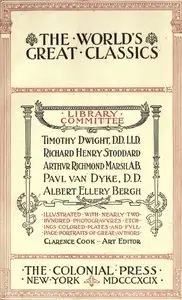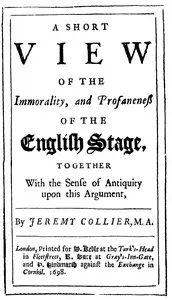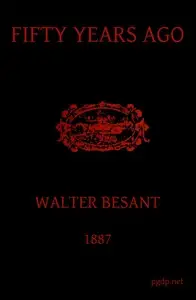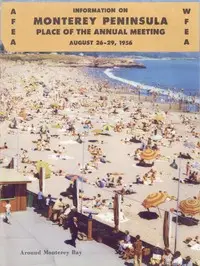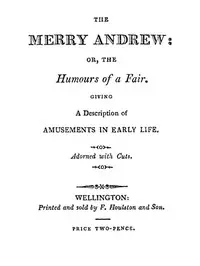"Plays and Puritans" by Charles Kingsley is a set of historical writings from the late 1800s about the Puritans in England and how they felt about artistic plays and theater. Kingsley's writing is about the connection between art and religious beliefs while focusing on the Puritans' problems with plays and acting. He writes about how the Puritans changed how people thought about art and how the time wasn't really a high point for making art, even though some people think it was. In the beginning, Kingsley talks about how British society generally viewed art and how some think the Puritans stopped art from being made. He also chats about the history behind this conflict and how the English stage wasn't doing so well, plus whether it was okay to portray bad behavior in plays. Kingsley says that we need to look closely at history so we can figure out what was happening. His theory is that the Puritans didn't like plays because they were worried about people doing bad things, not just because they were overly religious. This prepares the reader to think about art and whether it's right to show certain things in art when society is changing.

Plays and Puritans
By Charles Kingsley
Explore an era when religious fervor clashed with artistic expression, leading to a battle over morality, representation, and the very soul of English society.
Genres
Released
2002-03-01
Formats
epub (images)
mobi (images)
mobi
epub
epub3 (images)
txt
Free Download
Summary
About the AuthorCharles Kingsley was a broad church priest of the Church of England, a university professor, social reformer, historian, novelist and poet. He is particularly associated with Christian socialism, the working men's college, and forming labour cooperatives, which failed, but encouraged later working reforms.
Charles Kingsley was a broad church priest of the Church of England, a university professor, social reformer, historian, novelist and poet. He is particularly associated with Christian socialism, the working men's college, and forming labour cooperatives, which failed, but encouraged later working reforms.
Total Reviews
10.0k
Total reviews from Goodreads may change


